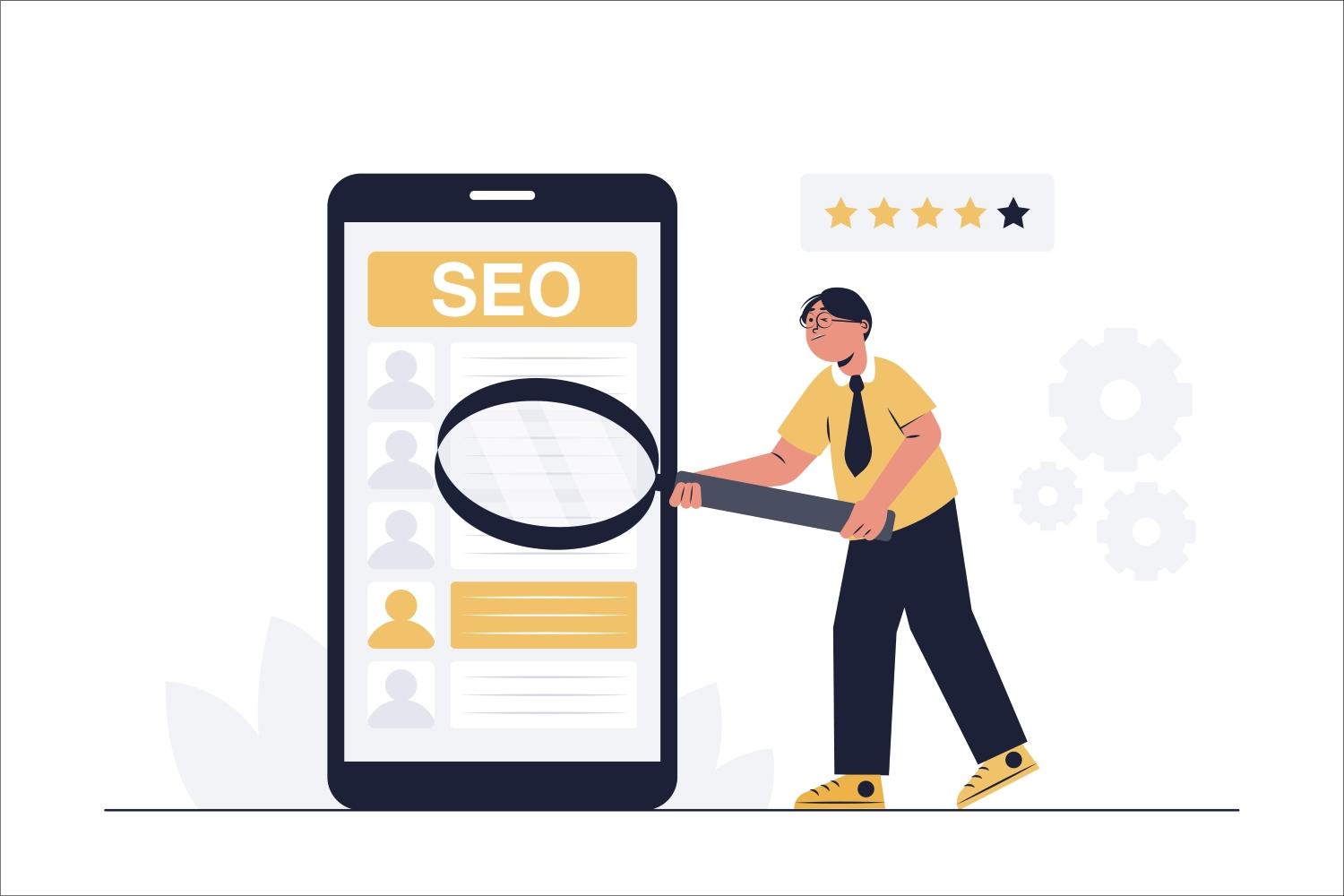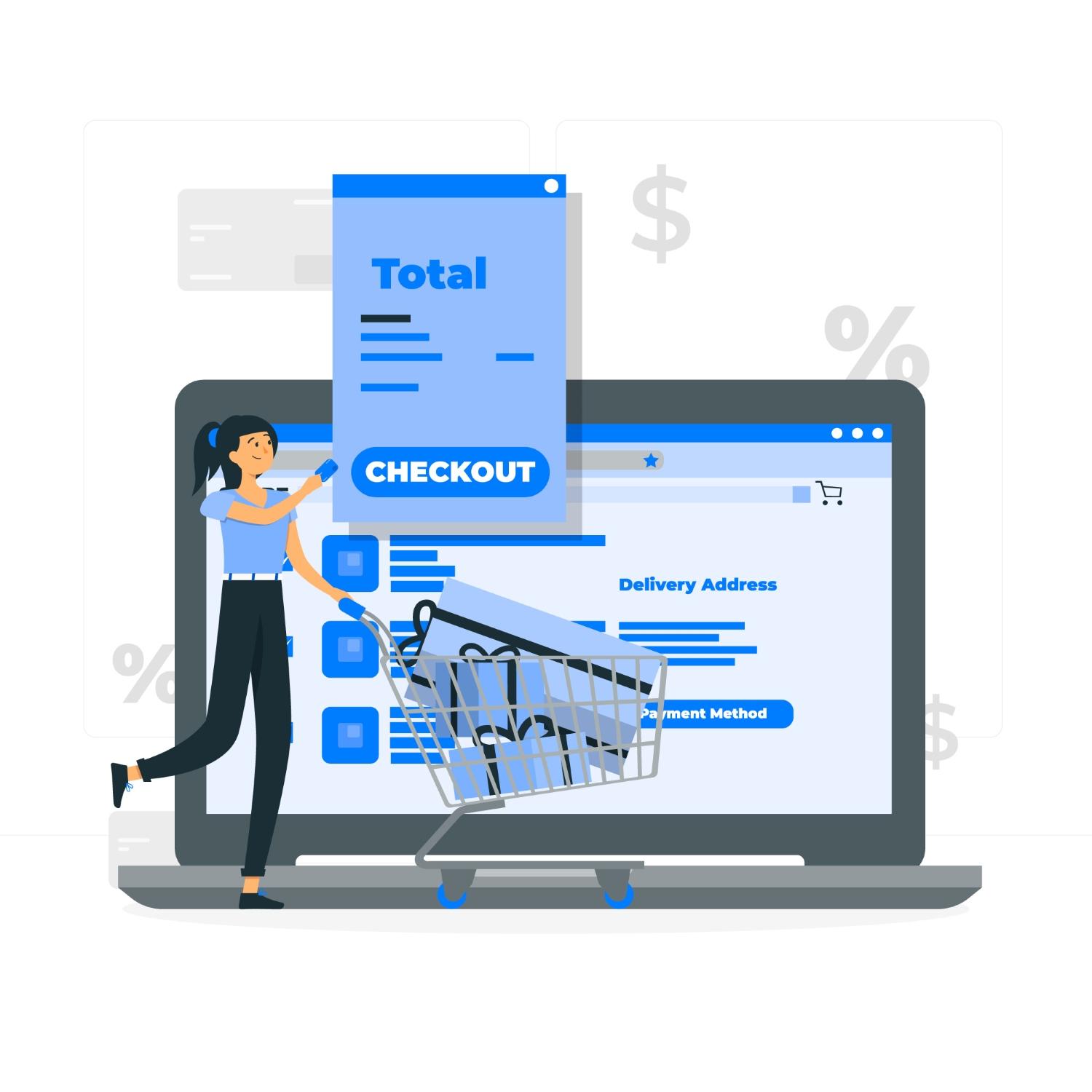Why You Need Digimart Seach Engine Marketing
Gives quick results on the (SERP)
Helps you reach target customers instantly
SEM give option to create geo-targeted ad
Allows you to get charged only when someone clicks on ad

- Google Ads
- Pay - Per - Click
- Conversion tracking
- Landing page optimization
- Analytics and reporting
- Ad creation
- Ad targeting
- A/B testing
- Analytics and reporting
- Bing Ads
- Paid search advertising
- Website Designing
- App Marketing
- Email Marketing
- Lead Generation
- Google Ads
- Remarketing
- Bid management
- Performance tracking
- Display advertising
Elements of Search Engine Marketing
Elements of Search Engine Marketing
Attractive Ad copy
Keyword Difficulty
Optimized Campaigns
Landing Pages
Campaign Structure
Keyword Intent
Pay Per Click (PPC)
Campaign Insight
Attractive Ad copy
Attractive ad copy is a crucial element of digital advertising that entices potential customers to click on an ad and learn more about a product or service. It should be engaging, persuasive, and highlight the unique value proposition of the offering.
- Identifying the target audience and tailoring the ad copy to their specific needs and pain points
- Using attention-grabbing headlines and imagery to capture the user's attention and spark interest
- Highlighting the unique value proposition of the product or service, such as price, quality, or convenience
- Including a clear call-to-action that encourages users to take the desired action, such as making a purchase or filling out a form.
Attractive ad copy is essential to the success of digital advertising campaigns. By creating compelling and persuasive ad copy that resonates with the target audience.


Keyword Volume And Competition
Keyword volume and competition are important factors to consider when conducting keyword research for SEO. Keyword volume refers to the number of searches performed for a particular keyword, while competition refers to the level of competition among websites for that keyword.
- Conducting thorough keyword research to identify high-volume, low-competition keywords that are relevant to the website content
- Analyzing the competition for specific keywords to identify opportunities for competitive advantage
- Balancing high-volume, high-competition keywords with long-tail keywords that have lower search volume but less competition
- Regularly monitoring and adjusting keyword strategies based on changes in search behavior and industry trends
Effective keyword volume and competition strategies can improve a website's search engine ranking, attract more targeted traffic, and increase engagement and conversions.
Optimized Campaigns
Optimized campaigns are an essential component of digital advertising that helps businesses maximize their return on investment.
- Defining clear campaign objectives and key performance indicators (KPIs) to measure success and adjust strategies accordingly.
- Conducting thorough audience research to identify the target audience and tailor the message to their specific needs and preferences.
- Creating compelling ad copy and imagery that captures the audience's attention and conveys the unique value proposition of the product or service
- Regularly monitoring and analyzing campaign performance data to identify areas for improvement and optimize the campaign for better results.
Effective optimized campaigns can improve engagement, increase conversions, and maximize the return on investment for businesses.


Best Landing Pages
A landing page is a crucial component of digital marketing that plays a significant role in converting website visitors into leads or customers.
- Developing a clear and concise message that aligns with the audience's needs and interests.
- Incorporating compelling visuals, such as images or videos, to enhance the user experience.
- Streamlining the conversion process by minimizing distractions and providing clear calls to action.
- Incorporating elements of social proof, such as customer testimonials or trust badges, to establish credibility and increase trust.
The best landing pages are designed to provide a seamless user experience and encourage visitors to take a desired action.
Campaign Structure
A well-structured campaign helps businesses achieve their marketing goals more effectively by targeting the right audience with a relevant message.
- Grouping keywords, ads, and landing pages into tightly themed ad groups to improve relevance and ad quality scores.
- Creating multiple campaigns to target different geographic locations or customer segments.
- Defining clear campaign objectives and key performance indicators (KPIs) to measure success and adjust strategies accordingly.
- Regularly monitoring and analyzing campaign performance data to identify areas for improvement and optimize the campaign for better results.
a well-structured campaign is crucial to the success of digital advertising. By grouping keywords and ads into tightly themed ad groups, creating multiple campaigns, defining clear objectives and KPIs,


Keyword Intent
Keyword intent refers to the motivation or purpose behind a user's search query. Understanding keyword intent is crucial to developing effective digital marketing strategies that align with the audience's needs and interests.
- Identifying the primary intent behind the keyword, such as informational, transactional, or navigational.
- Analyzing the search results for the keyword to determine the content type and format that aligns with the user's intent.
- Developing content that addresses the user's intent and provides value in a way that aligns with the business's goals and objectives.
- Continuously monitoring and adjusting keyword strategy based on changes in search behavior and competition.
Understanding keyword intent is crucial to developing effective digital marketing strategies that resonate with the target audience.
Pay Per Click
Pay Per Click (PPC) is a form of digital advertising in which advertisers pay each time a user clicks on one of their ads. PPC campaigns can be highly effective in reaching targeted audiences and driving traffic to a website.
- Conducting thorough keyword research to identify relevant and high-performing keywords for the campaign.
- Crafting compelling ad copy and using relevant keywords to increase click-through rates and drive conversions.
- Continuously monitoring and adjusting bids to ensure the campaign is cost-effective and achieves the desired return on investment (ROI).
- Optimizing landing pages to provide a seamless user experience and increase the likelihood of conversions.
Implementing a well-structured and optimized PPC campaign can help businesses reach their target audience, increase website traffic, and achieve their marketing objectives.


Campaign Insight
Campaign insight refers to the data and analytics gathered from digital marketing campaigns that provide insights into campaign performance and audience behavior.
- Understanding key performance indicators (KPIs) and setting goals for the campaign, such as click-through rates, conversions, and ROI.
- Collecting and analyzing data from multiple sources, such as website analytics, social media insights, and email marketing metrics.
- Identifying patterns and trends in the data to gain insights into audience behavior and preferences.
- Using the insights to inform future marketing strategies and improve the effectiveness of future campaigns.
Analyzing campaign insights is a critical part of digital marketing strategy, allowing businesses to gain insights into audience behavior and preferences and optimize future campaigns for better performance.
Facts
- Businesses that use both organic SEO and PPC advertising into their digital marketing strategies find a 25% boost in clicks.
- The majority of web traffic—nearly 93%—comes from search engines.
- Google dominates global desktop and mobile device searches, respectively, with 76% and 86% of the market share.
- Google searches for local content make up 46% of all searches.
Benefits
- Your brand may benefit from the paid advertisements used in search engine marketing to stand out from the crowd.
- You can set up your adverts to only target people nearby your business, which is another major benefit of SEM.
- Search engine marketing enables you to target customers that live close to your company.
- Using organic SEO to increase visibility requires time and effort. On the other side, search engine marketing yields results .


